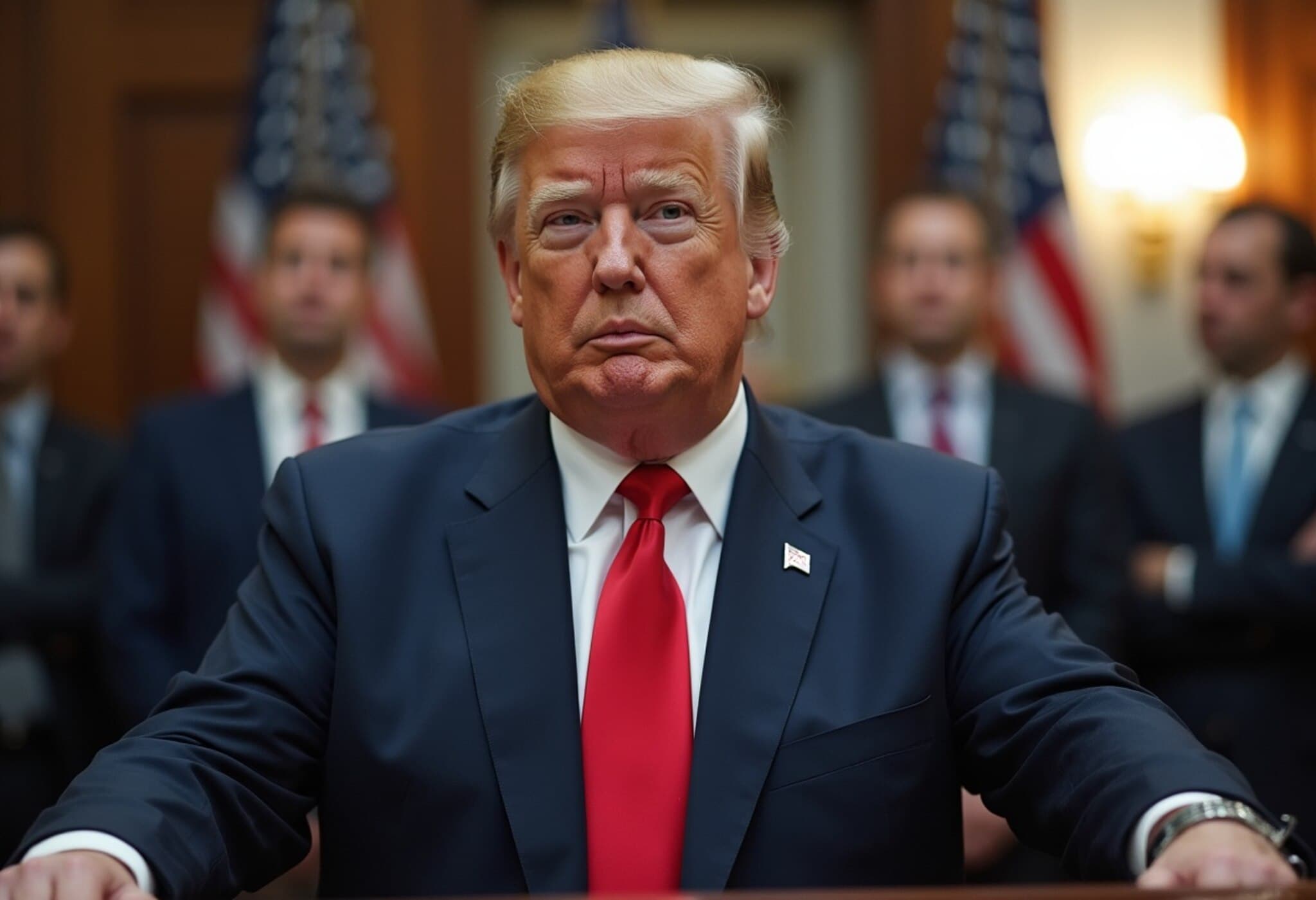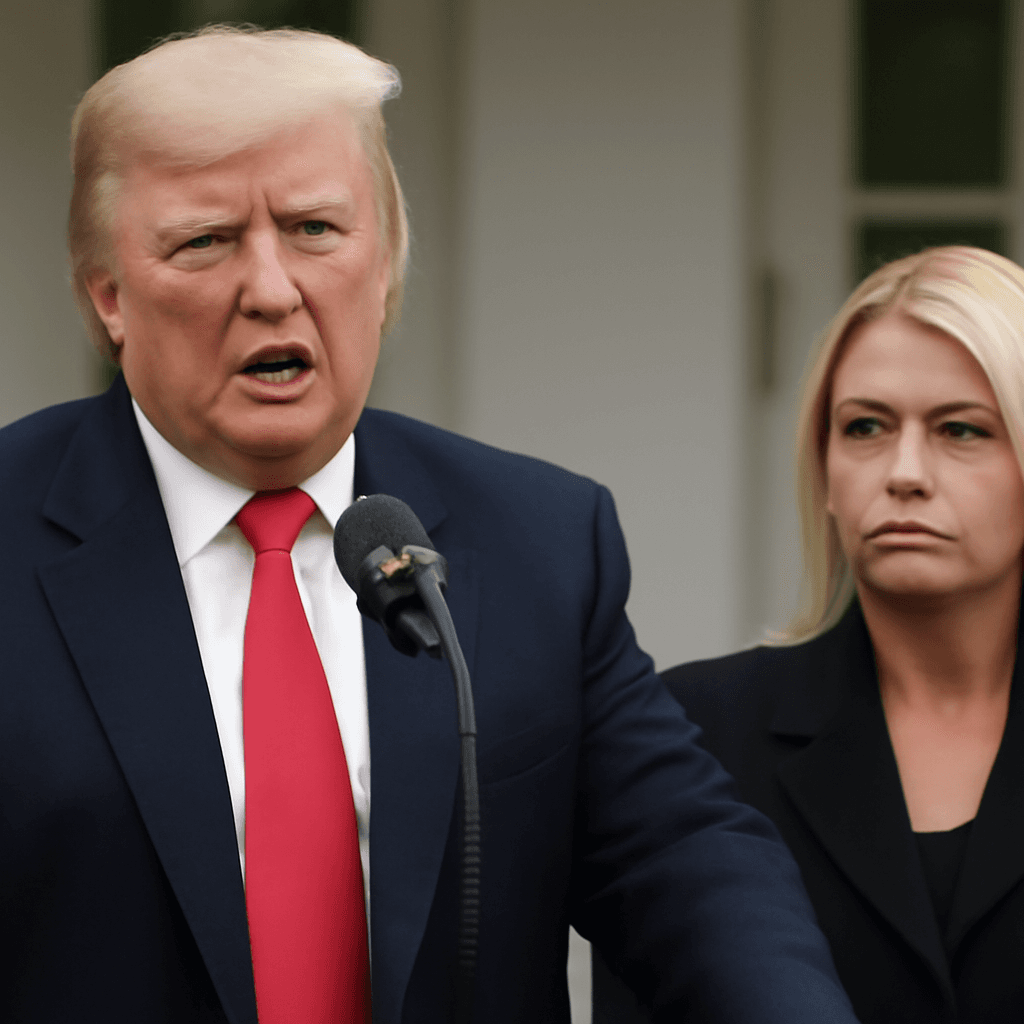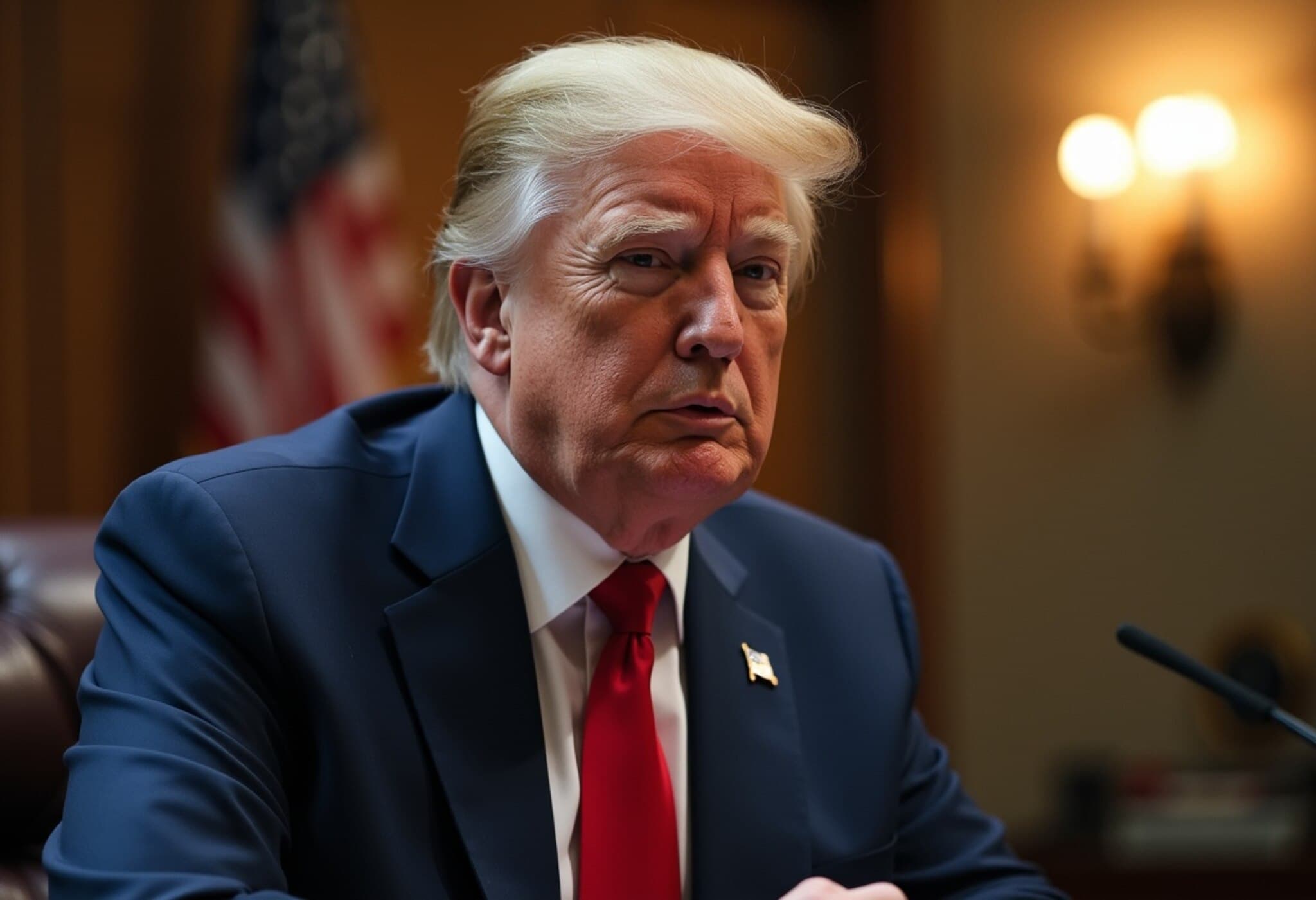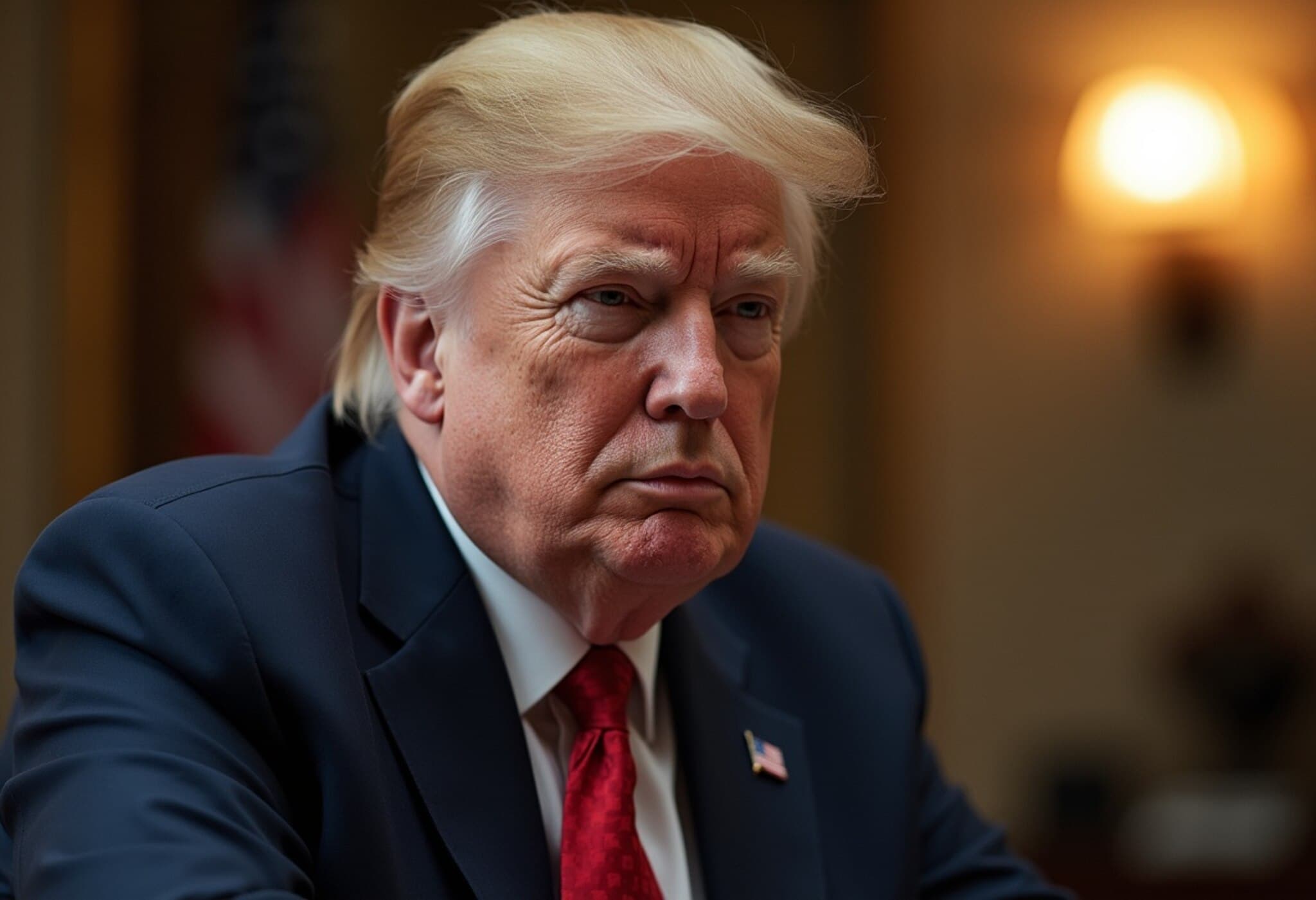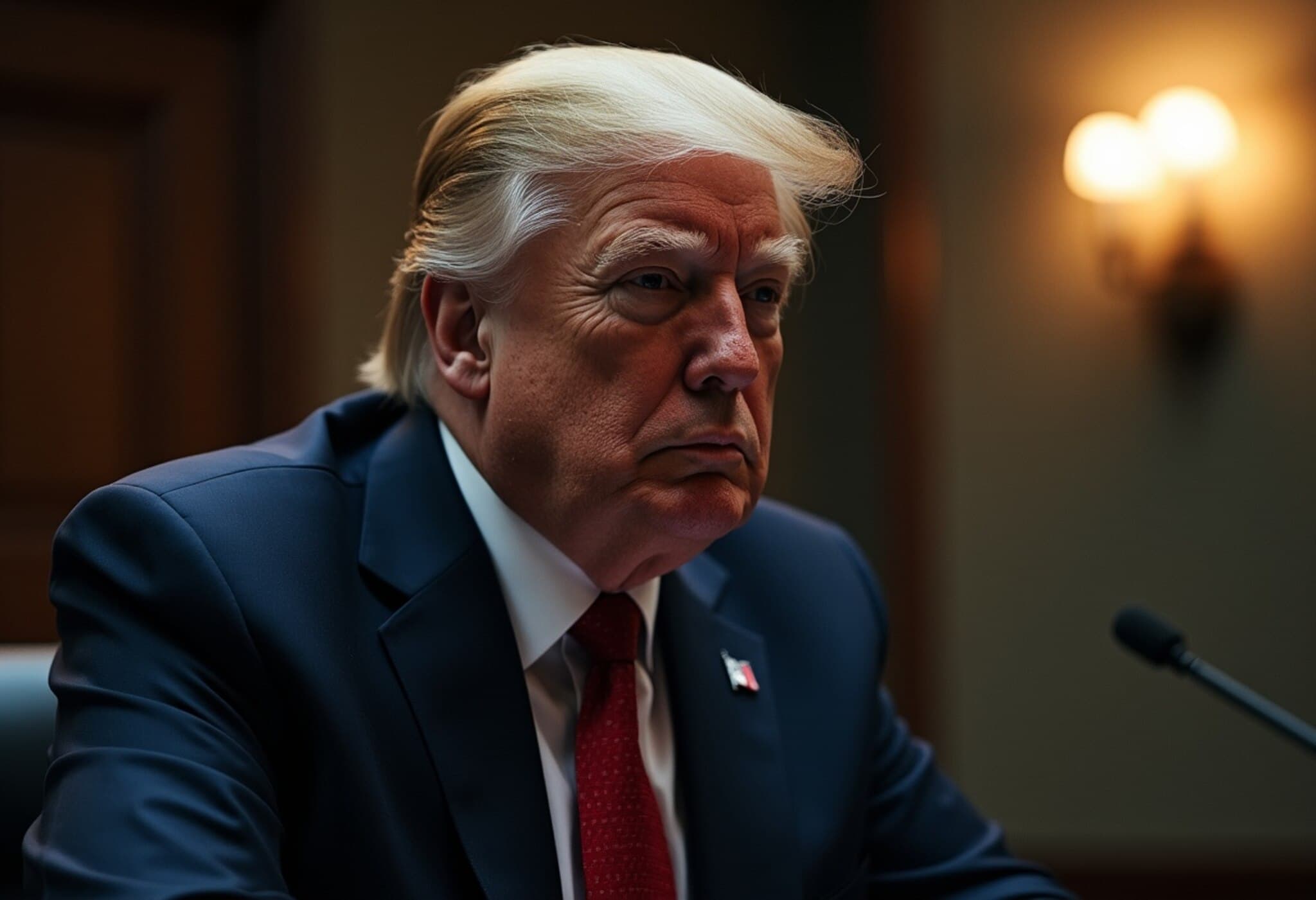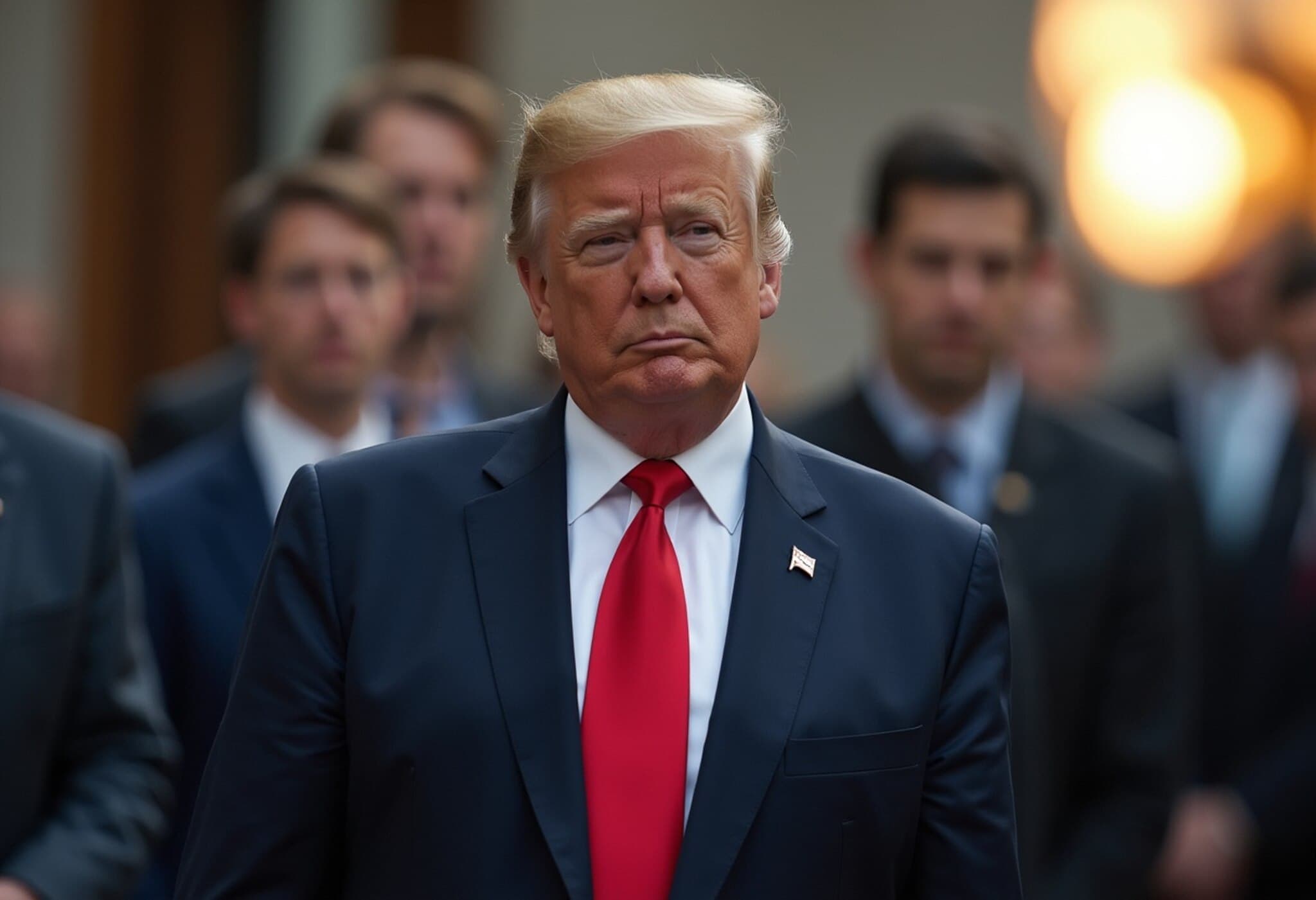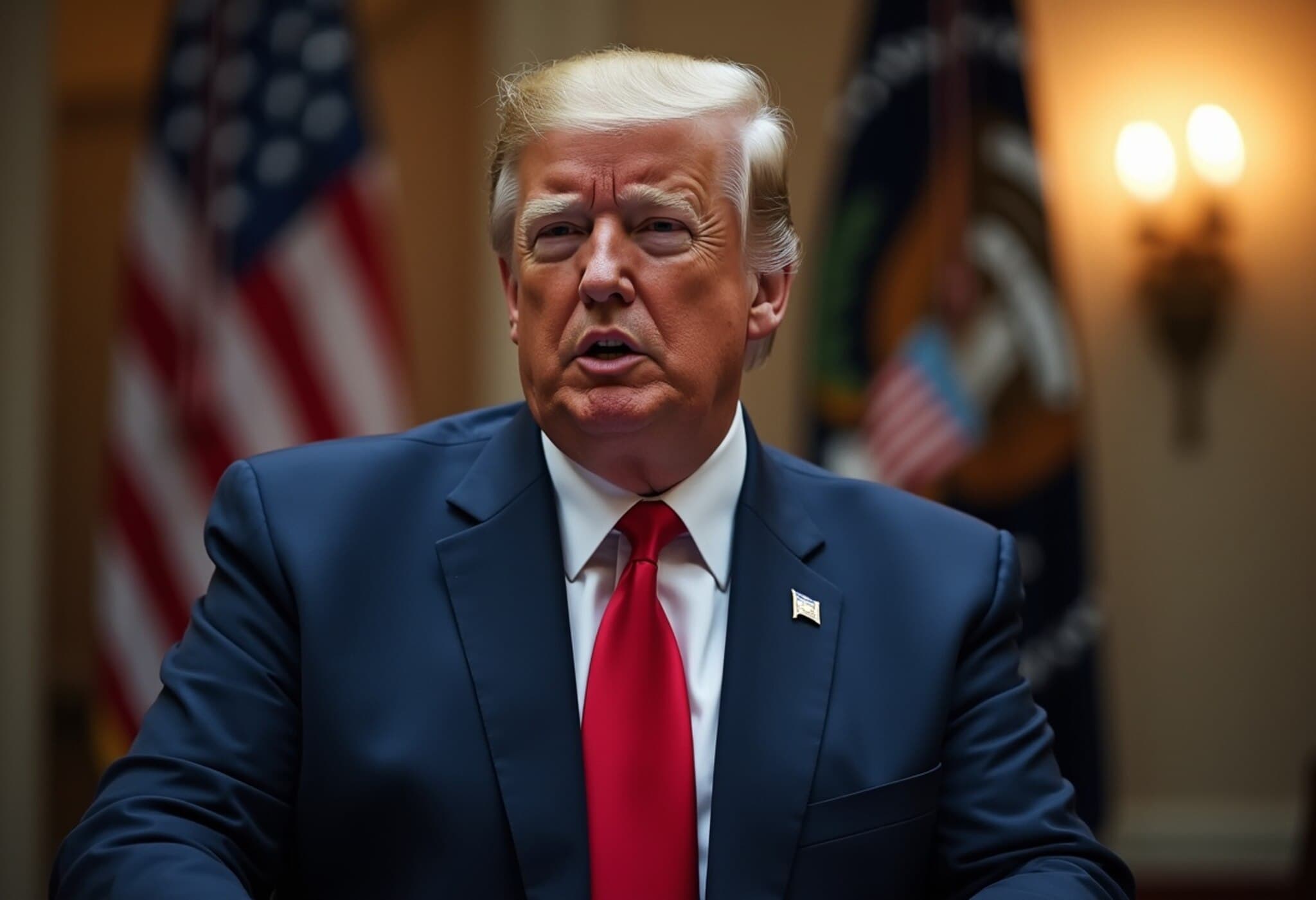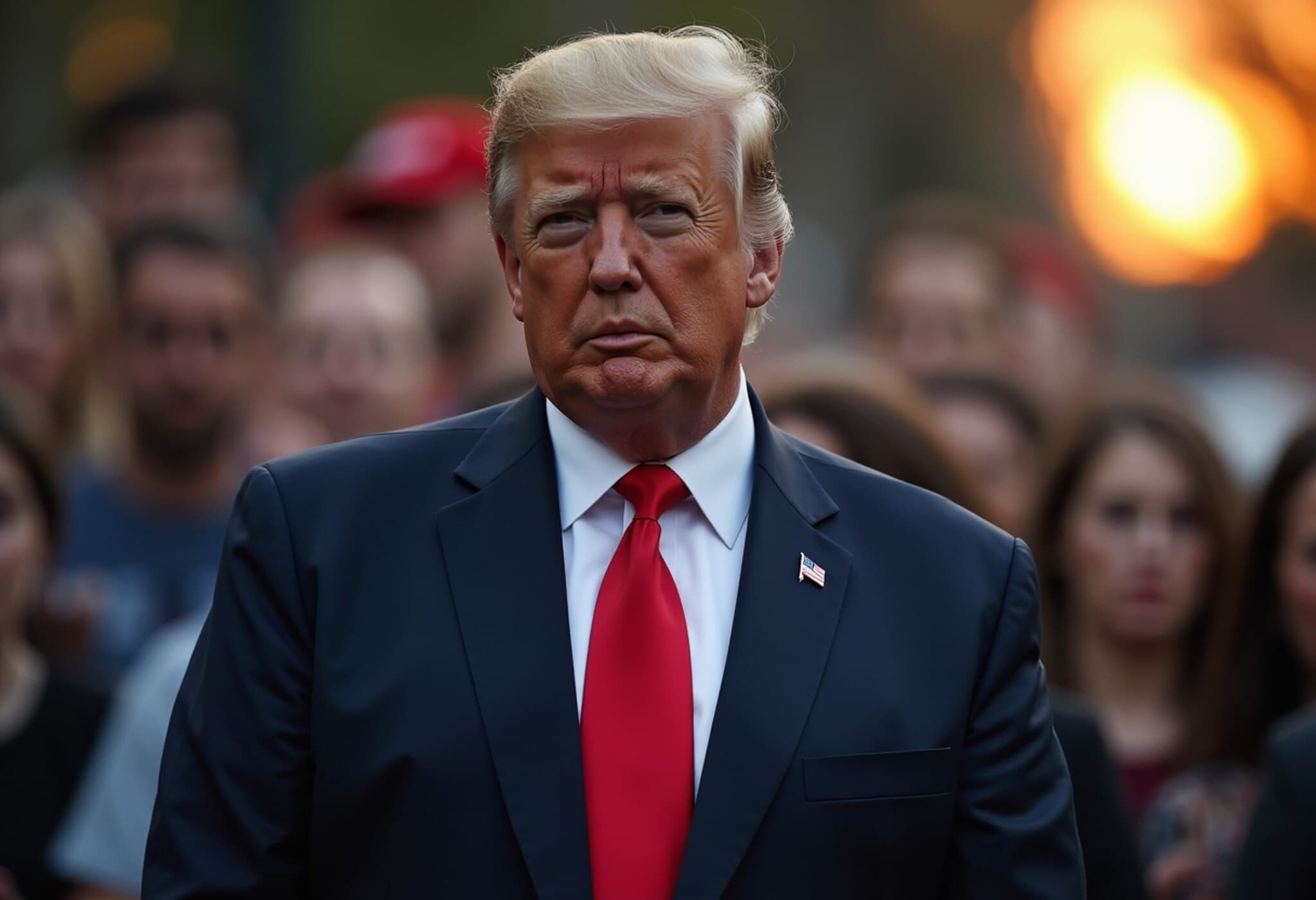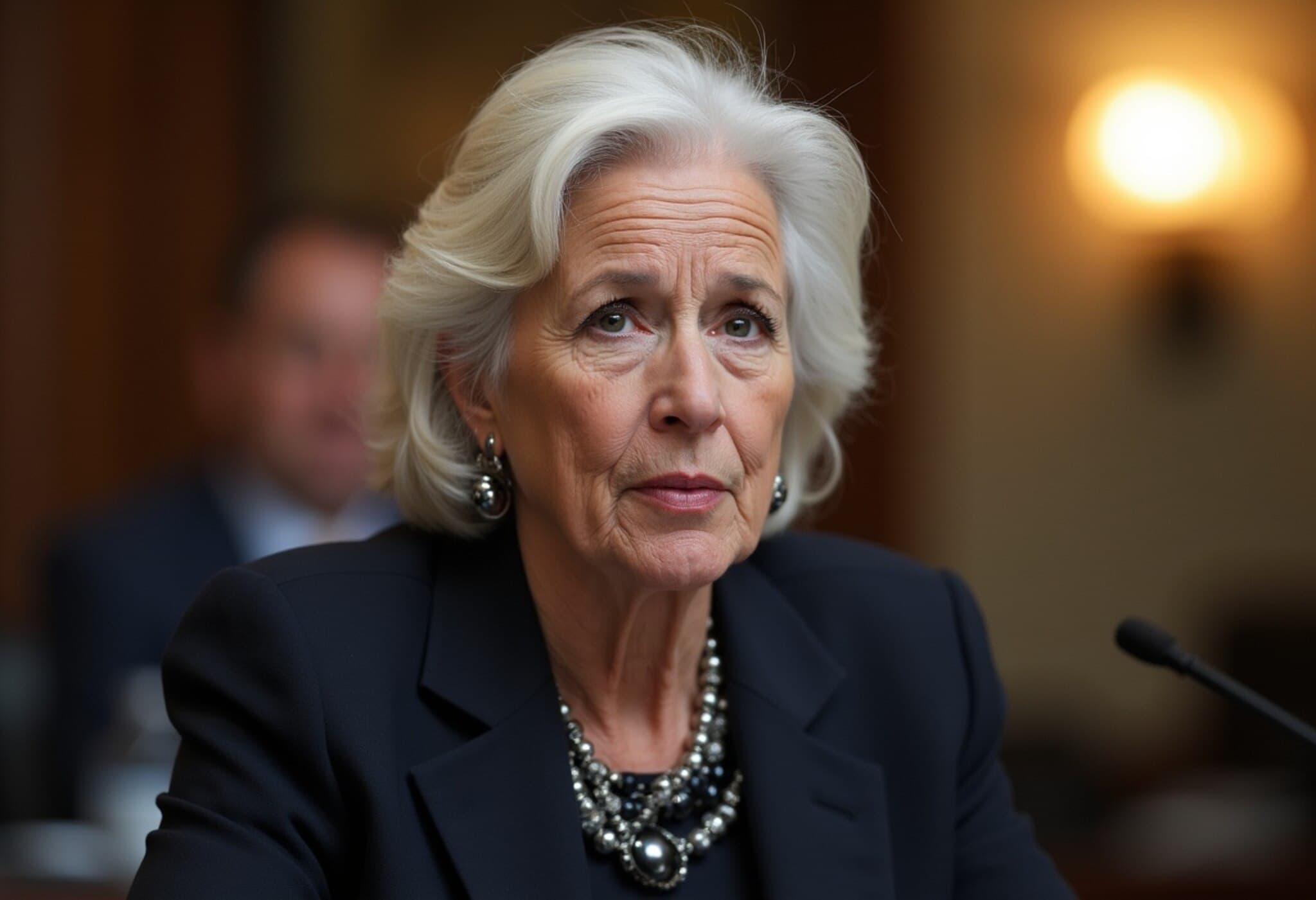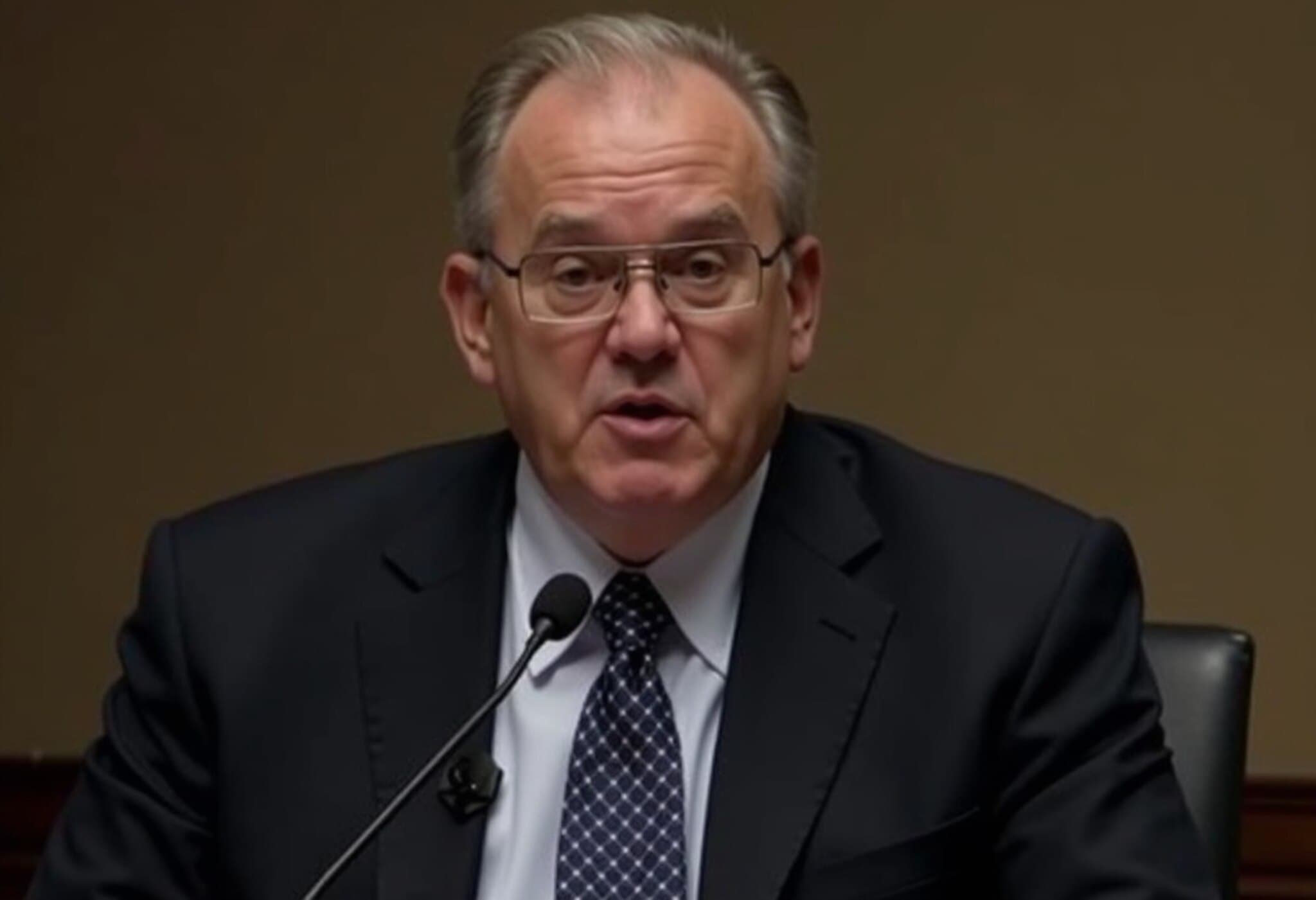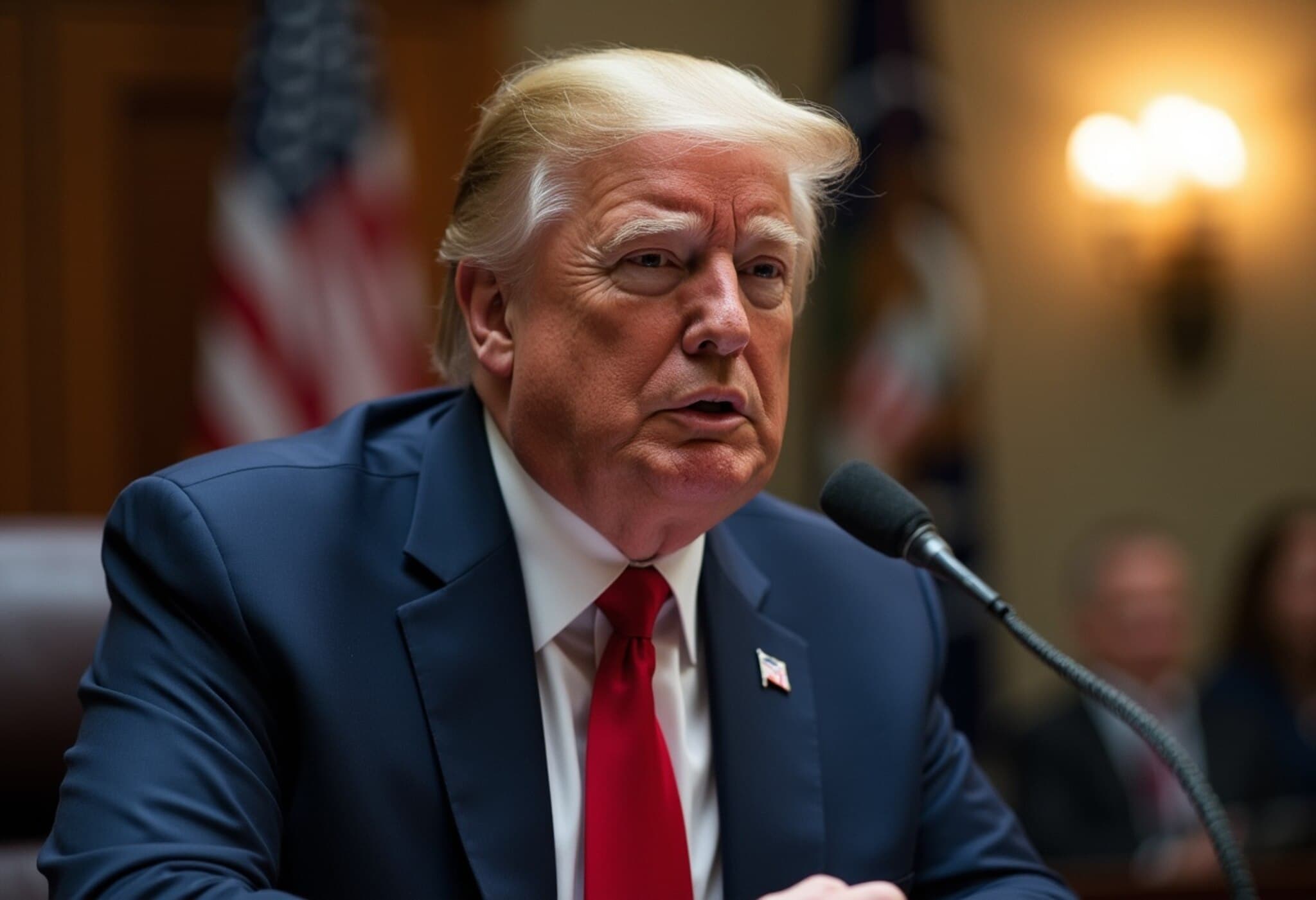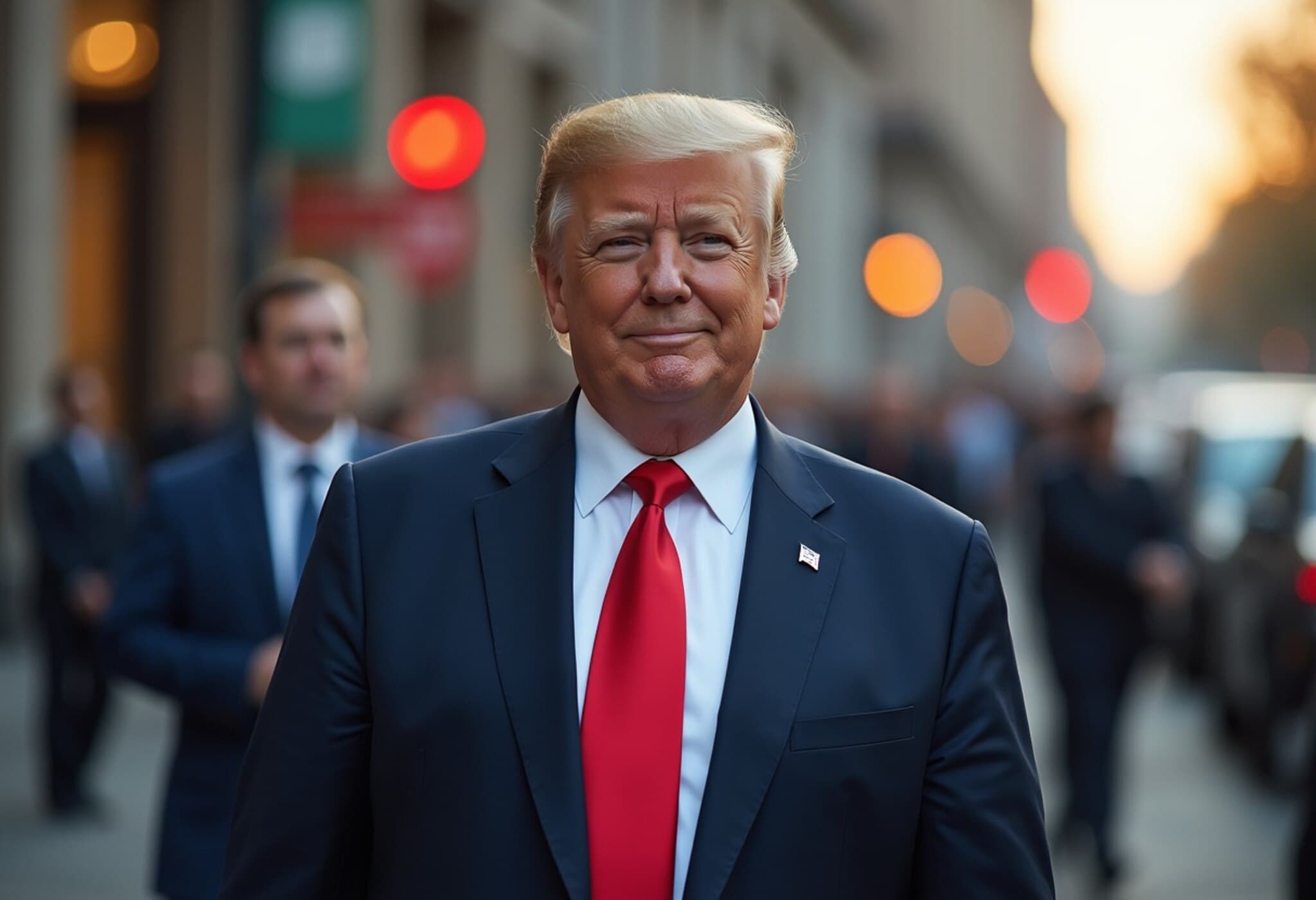Senate Democrats Invoke Federal Law to Obtain Jeffrey Epstein Investigation Files
In a formidable move aimed at unraveling lingering mysteries surrounding the Jeffrey Epstein case, a coalition of Senate Democrats has officially requested the Department of Justice (DOJ) to hand over all criminal investigation files related to the convicted sex offender. The demand was made under a seldom-invoked federal statute, compelling executive agencies to release information when requested by Senate committees. The DOJ has been given a deadline of August 15, 2025, to comply.
Background: An Ongoing Battle for Transparency
This latest push reflects growing frustration among lawmakers, both Democrats and some Republicans, who accuse the Trump administration of backtracking on earlier promises to disclose the so-called "Epstein files." These documents are widely believed to contain critical evidence about Epstein's network and potentially implicate others involved in his trafficking operations.
The request letter, signed by eight senators including all seven Democrats on the Senate Homeland Security and Governmental Affairs Committee, cites a specific federal legal provision that mandates executive agencies to submit requested information related to the committee's jurisdiction if petitioned by five or more members. Senator Chuck Schumer (D-NY), who has been vocal about seeking federal transparency on Epstein-related matters, emphasized the importance of accountability and public trust in government institutions.
Political and Legal Context
During his 2024 presidential campaign, then-candidate Donald Trump publicly pledged on social media to declassify Epstein-related documents. He reiterated his inclination to release an "Epstein client list," fueling public anticipation for disclosure. Additionally, former Florida Attorney General Pam Bondi had indicated early into her tenure that the files were under review.
Despite these assurances, the DOJ's hesitance to disclose the files has drawn criticism. A DOJ spokesperson acknowledged receipt of the Senate Democrats’ letter but refrained from further comment.
Related Judicial Actions
In an attempt to alleviate mounting public demand for clarity and maintain judicial propriety, the DOJ has separately petitioned federal judges to release select grand jury testimonies connected to Epstein and his confidante Ghislaine Maxwell. These testimonies are confined to evidence that underpinned criminal indictments, not the full breadth of investigative files held by the Justice Department.
Experts caution that these grand jury transcripts, while revealing, are unlikely to satisfy the broader quest for transparency regarding the Epstein network and potential co-conspirators.
Trump’s Personal Ties to Epstein Revisited
Adding a personal dimension to the saga, President Trump recently disclosed in media remarks the circumstances surrounding his estrangement from Epstein. According to Trump, Epstein had allegedly recruited spa workers from Trump's Mar-a-Lago resort without consent, including Virginia Giuffre — a key figure who later testified about being trafficked and abused by Epstein. Giuffre tragically died by suicide in April 2025, a somber reminder of the human cost behind the headlines.
Why This Matters: The Quest for Justice and Accountability
The Jeffrey Epstein case remains one of the most disturbing and high-profile criminal investigations of recent decades, entwining issues of trafficking, abuse, and elite complicity. The Senate Democrats’ insistence on accessing these files underlines a broader demand for government transparency, especially when executive agencies have historically exercised discretion over sensitive materials.
Moreover, the invocation of federal law to compel disclosure sets an important precedent concerning congressional oversight powers and executive accountability. The public’s right to understand the full dimensions of Epstein’s crimes—and who may have been involved or aided him—resonates deeply in ongoing debates about justice reform and governmental transparency.
What Lies Ahead
- DOJ Compliance: Whether the Justice Department meets the August 15 deadline will signal the administration’s commitment to openness.
- Legal Challenges: There may be further litigation over the scope and sensitivity of disclosed materials.
- Policy Implications: The case may drive legislation to strengthen oversight on how sensitive criminal investigations are handled within federal agencies.
Editor’s Note
The renewed congressional demand for Jeffrey Epstein files is more than a procedural maneuver — it highlights the intersection of criminal justice, political accountability, and societal reckoning with sexual abuse crimes at the highest levels. As the public watches closely, the DOJ’s response will either reinforce trust or deepen skepticism about transparency in politically charged investigations. This moment challenges the government to confront the difficult truths behind Epstein's legacy and to provide victims, the public, and lawmakers with the clarity they desperately seek.


